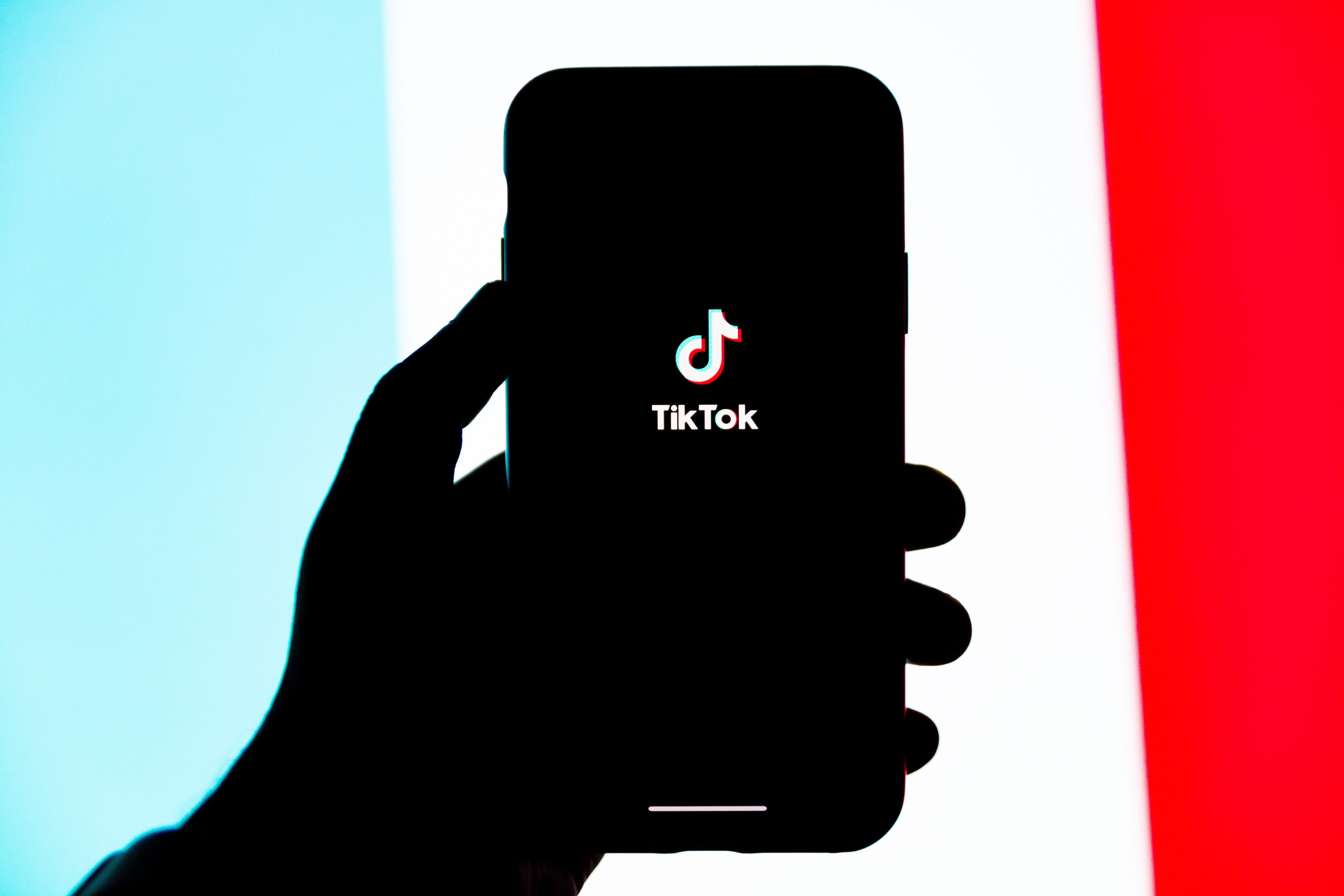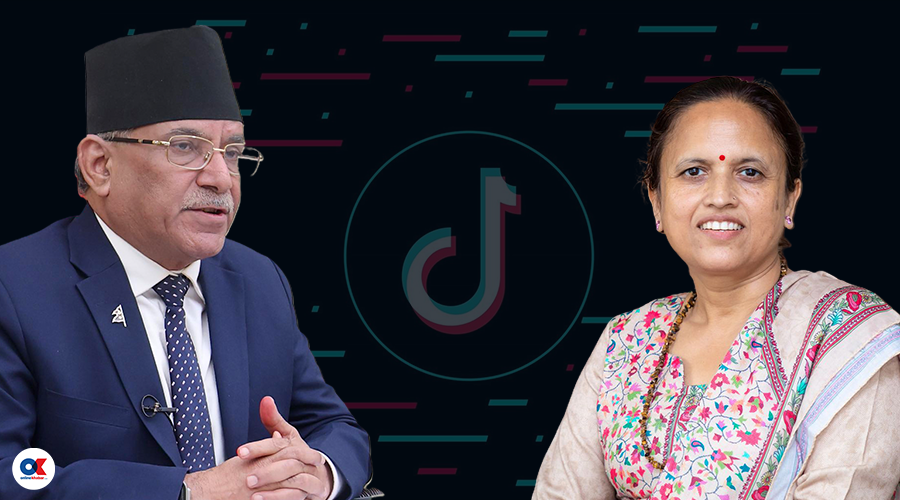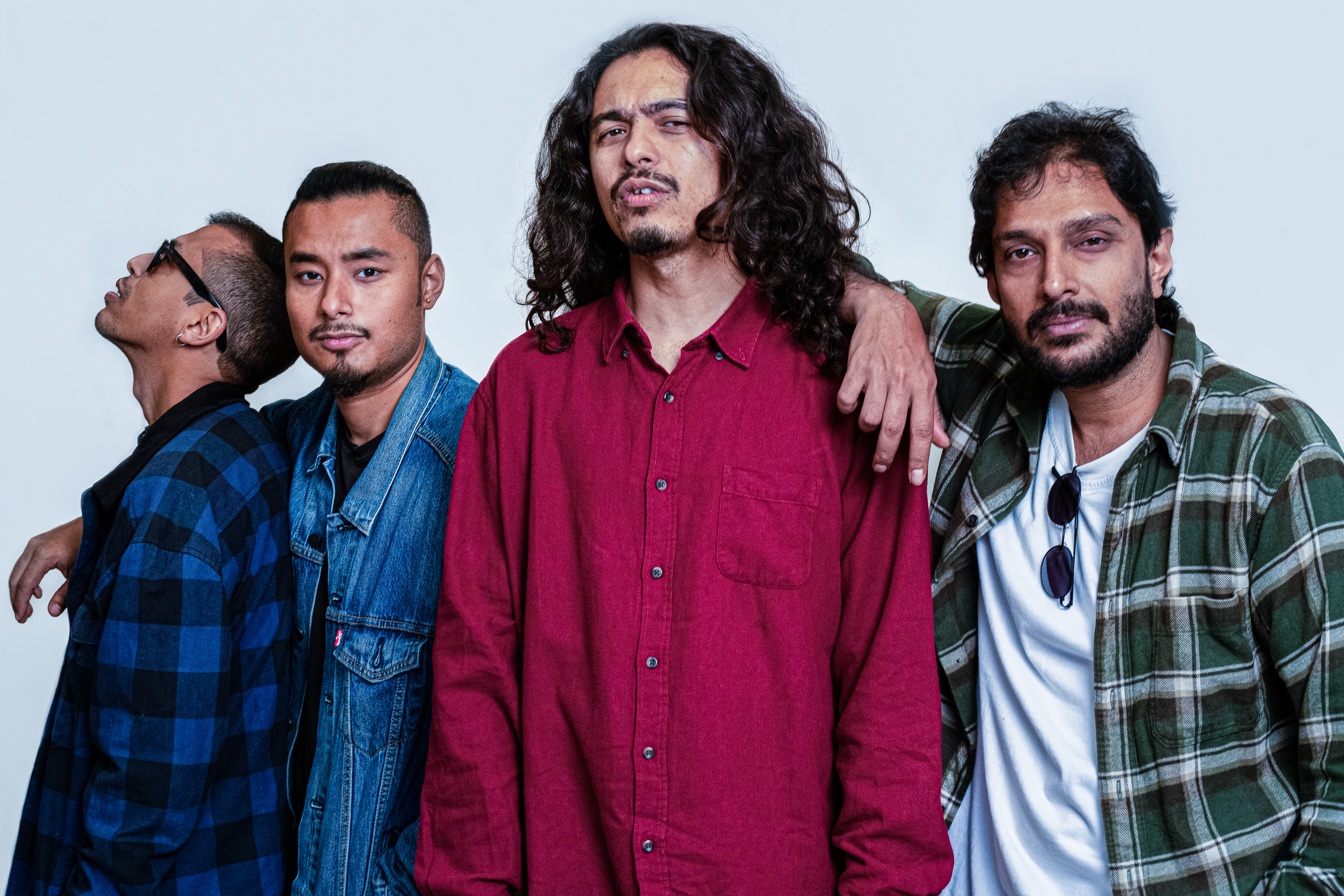
On November 13, the Council of Ministers decided to impose the TikTok ban in Nepal citing its negative impact on social harmony and the social environment.
Since the enforcement of the TikTok ban in Nepal, which coincided with the start of the Tihar holiday, 10 writ petitions have been lodged challenging the government’s move.
The administrative department of the Supreme Court has grouped all these writ petitions about the TikTok ban in Nepal and set the preliminary hearing for Monday (November 20).
Assault on freedom of expression

Legal experts and advocates for digital rights have contended that the government’s decision on the TikTok ban in Nepal is unconstitutional and are demanding its reversal. They have challenged the decision of the TikTok ban in Nepal, raising four fundamental issues and questioning the government’s rationale.
All the writ petitioners have asserted that the government’s action is an assault on the fundamental right to freedom of thought and expression guaranteed by the Constitution.
“If the medium of communication of ideas and opinions is restricted, freedom of thought and expression may prove to be meaningless. No citizen can be deprived of the beneficial and democratic use of technology,” senior advocate Dinesh Tripathi states in the petition he presented to the court.
Legal experts also argue that those responsible for misusing the platform should be held accountable, without taking action against the entire platform, based on the principle that the remedy should not be more risky than the condition itself.
Occult decision

Legal practitioners have criticised this reasoning of the TikTok ban in Nepal as subjective, vague, and abstract. They also say the claim that TikTok ‘deteriorates social harmony’ lacks factual and objective details, and argue that the government’s decision to ban the platform based on that is subjective, vague, and abstract.
“Even if they attempt to create commentary around the social media ban stating that it undermines social harmony through deceitful means, the government’s intention is clear in this regard,” cites the writ petition.
The petitions have sought the annulment of the decision of the TikTok ban in Nepal.
The writ petition reads, “In any democratic society, the expression of citizens cannot be restricted based on self-interest and prejudice.”
Advocate Sunil Ranjan Singh has argued that the positive aspects of TikTok were overlooked, and the negative aspects were interpreted in a biased manner to justify the ban.
“The decision to completely shut down TikTok, solely based on its perceived negative effects, violates the constitutional and legal rights of citizens related to expression, information, and other rights,” Singh states in the petition.
Police the content, not the medium

Article 17 of the Constitution contains a provision concerning the right to communication, underscoring the absence of prior restrictions on disseminating content and information through any medium, encompassing electronic, broadcasting, and print. Since the provision says ‘any medium’ this extends to the usage of applications like TikTok.
Within the constitution itself, specific activities are identified as exceptions to the freedom of thought and expression. There is a provision allowing the enactment of laws to prohibit activities that disrupt the country’s sovereignty, geographical integrity, religious sentiments, caste discrimination, or untouchability.
Advocate Swagat Nepal in a writ petition he filed states, “Reasonable restrictions can be placed on text or content. The constitution does not anticipate the prohibition of the mediums or platforms used for publishing or transmitting the content. The law does not have the provision for banning the modes of publication, broadcasting, display, or dissemination of media content.'”
If the content breaches the law, the Constitution does not envision a ban on the medium — like the TikTok ban; rather, only the objectionable content, the petitioners have argued in the writ.
In a separate writ petition, there is a plea for the nullification of the decision and insists on holding the user responsible rather than restricting the medium itself arbitrarily to make it accountable.
Lacking legal basis

According to legal experts, social media platforms like TikTok brought to light the government’s and public officials’ inappropriate actions, thereby exposing these activities to the general public.
Legal practitioners say that a considerable number of users have been a ‘problem’ for the government, and major parties have made this decision out of fear. They argue that civil liberties and rights cannot be revoked or curtailed by the government for its convenience.
The government has not yet disclosed the specifics of the legal justification and grounds for the decision of the TikTok ban in Nepal. The Nepal Telecommunication Authority has issued directives based on Section 15 of the Telecommunications Act, 1997.
The section cites “The Authority may, given the policy and guidelines of Government of Nepal, issue necessary orders or directives to the licensee and it shall be the duty of the concerned person to comply with such orders or directives.”
But the writ petition argues that the TikTok ban in Nepal was enforced using legal provisions allowing instructions on any policy matter determined by the government.
“However using Section 15 of the Telecommunications Act cannot validate the unconstitutional decision made by the Council of Ministers.”
This story was translated from the original Nepali version and edited for clarity and length.
























